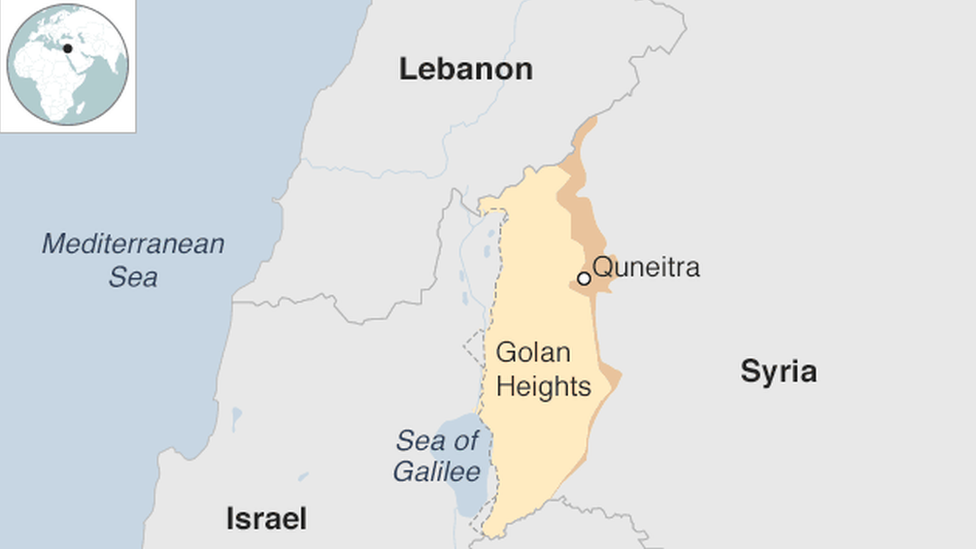Jordan country profile
- Published
This page is no longer being updated. It was last updated on 19 April 2023
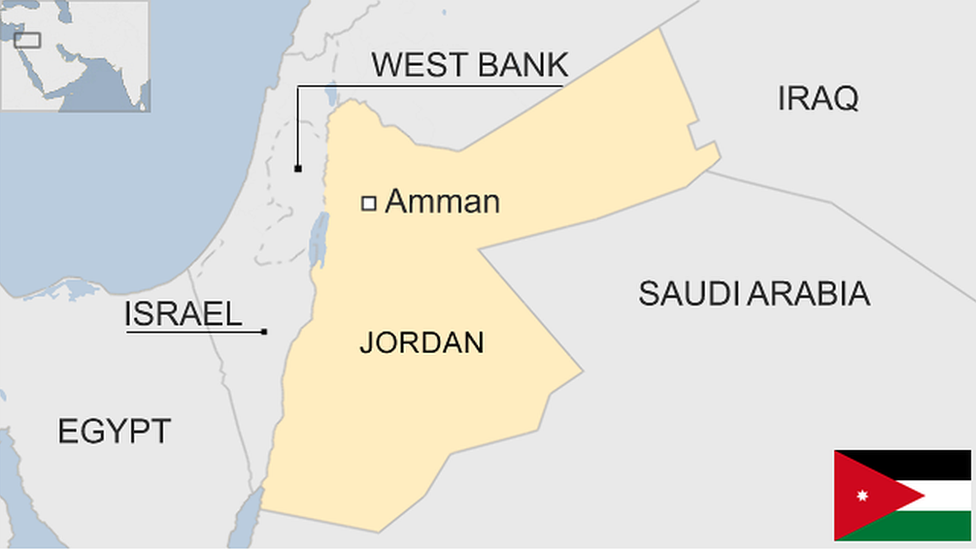
The Hashemite Kingdom of Jordan is a small country with few natural resources, but it has played a pivotal role in the struggle for power in the Middle East. It is a key ally of the United States.
After the Arab revolt against the Ottomans in 1916 during World War One, the region was partitioned by Britain and France, with the Emirate of Transjordan established in 1921 and becoming a British protectorate. Jordan became independent in 1946.
Jordan captured the West Bank in the 1948 Arab-Israeli War and annexed it until Israeli forces took it during the Six Day War in 1967. Jordan gave up its claim to the territory in 1988, and in 1994 became the second Arab state to sign a peace treaty with Israel.
It is home to some two million Palestinian refugees. Since start of the civil war in Syrian, it has seen an influx of some 1.4 million Syrian refugees, placing a substantial strain on its resources and infrastructure.
Read more country profiles, external - Profiles by BBC Monitoring, external
HASHEMITE KINGDOM OF JORDAN: FACTS
Capital: Amman
Area: 89,342 sq km
Population: 11.1 million
Language: Arabic
Life expectancy: 72 years (men) 77 years (women)
LEADERS
Head of state: King Abdullah II
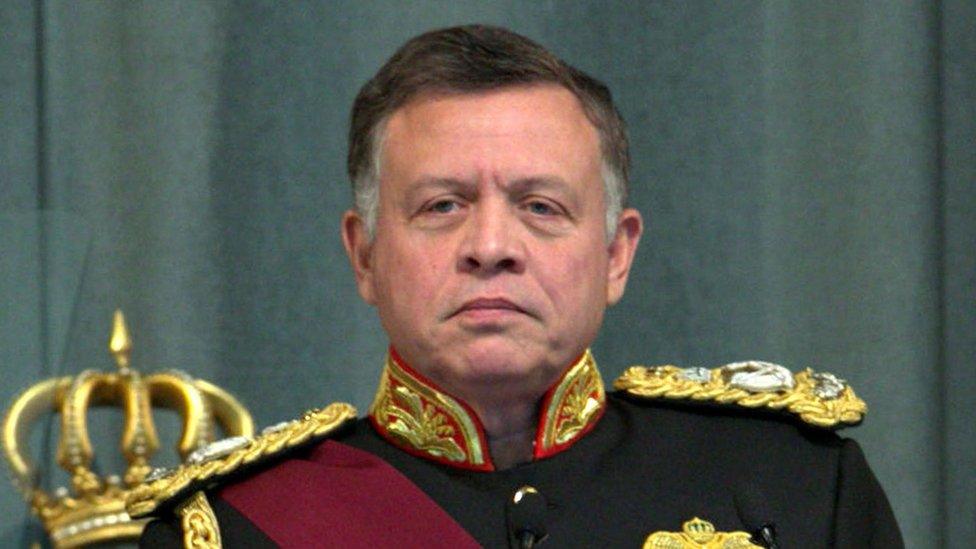
King Abdullah II, Jordan's monarch since 1999, has extensive powers. He appoints governments, approves legislation, and can dissolve parliament.
Faced with demands for political reform in the wake of the popular uprisings arcos the Arab world in 2011, the king dismissed his government at the time and appointed the first of a series of prime ministers to oversee the introduction of political changes, but concerns over living costs and financial issues have led to regular street protests.
Proportional representation was introduced in the Jordanian parliament in the 2016 general election, a move the king has said will eventually lead to establishing parliamentary governments.
MEDIA

Jordanian media take care not to cross red lines in their reporting. These include criticism of the political system, the monarchy, the military and religion.Editorial curbs are often enforced through self-censorship, rather than coercion or repression. Outlets linked to the state take a strong pro-government line, while private media are more likely to criticise specific government policies.
Read full media profile
TIMELINE

Jordan's cultural heritage, such as the rock city of Petra, is popular with tourists
Some key dates in Jordan's history:
3600-1200BC - Bronze Age sees the emergence of fortified towns and urban centres.
1200-332 BC - Kingdoms of Ammon, Edom and Moab flourish during the Iron Age.
c.740-720BC - Area conquered by the Neo-Assyrian Empire.
605-539BC - After the collapse of the Assyrians, area incorporated into the Neo-Babylonian Empire under Nebuchadnezzar the Great.
539-330BC - Becomes part of the Persian Achaemenid Empire under Cyrus the Great.
330BC - Greeks under Alexander the Great conquer the area.
323BC - Alexander dies. His empire splits among his generals and much of Jordan is subsequently disputed between the Ptolemies in Egypt and the Seleucids in Syria
3rd Century BC-100AD - During this period the Nabataean kingdom flourishes through control of much of the trade routes of the region from its desert capital, Petra.
63BC - Roman general Pompey the Great annexes the region - which becomes a Roman province.
324AD - Roman Empire splits into West and East. The Eastern Roman Empire -later known as the Byzantine Empire - continues to control or influence the region.
636 - Arab conquest. Byzantine forces decisively defeated by Muslim armies at the Battle of Yarmuk.
c. 650 - Umayyad dynasty make Damascus the capital of their empire.
750 - Abbasids overthrow the Umayyads and move their capital to Baghdad.
969-1070 - After the decline of the Abbasids, Jordan is ruled by the Fatimid Caliphate.
1115-1187 - Becomes part of the Crusader Kingdom of Jerusalem.
1187 - Battle of Hattin. The Crusaders are defeated by the Kurdish leader Salah ad-Din, the founder of the Ayyubid dynasty.
1260 - Mongol invasion; Mongols defeated by Egyptian Mamluk forces at the Battle of Ain Jalut.
1400 - Turco-Mongol leader Tamurlane sacks Aleppo and Damascus.
1516 - Ottomans conquer region and incorporate it into their empire.
1914-18 - World War One.
1916 - Great Arab Revolt. Encouraged by Britain and France who want to militarily weaken the Ottoman Empire, and driven by long-term resentment towards the Ottoman authorities and growing Arab nationalism. The revolt is led by Sharif Hussein of Mecca.
1921 - Emirate of Transjordan established with Abdullah, Hussein's son, as emir.
1946 - The United Nations recognizes Jordan as an independent sovereign kingdom.
1948 - State of Israel created in British-mandate Palestine. Thousands of Palestinians flee Arab-Israeli fighting to West Bank and Jordan.
1950 - Jordan annexes West Bank.
1951 - King Abdullah assassinated by Palestinian gunman angry at his apparent collusion with Israel in the division of Palestine.
1952 - Hussein proclaimed king after his father, Talal, is declared mentally unfit to rule.
1957 - British troops complete their withdrawal from Jordan.
1967 - Israel takes control of Jerusalem and the West Bank during Six-Day War, leading to major influx of refugees into Jordan.
1970-71 - Jordan expels Palestinian Liberation Organisation armed camps from the country in the Black September conflict.
1994 - Jordan signs peace treaty with Israel, ending 46-year official state of war.
1999 - Hussein dies. His eldest son Crown Prince Abdullah succeeds to the throne.
2011 - Political turmoil in Arab countries reflected in street protests over political reform and the cost of living.

A Bedouin guide looks over the desert of Wadi Rum in Jordan
Related topics
- Published7 January

- Published13 September 2023
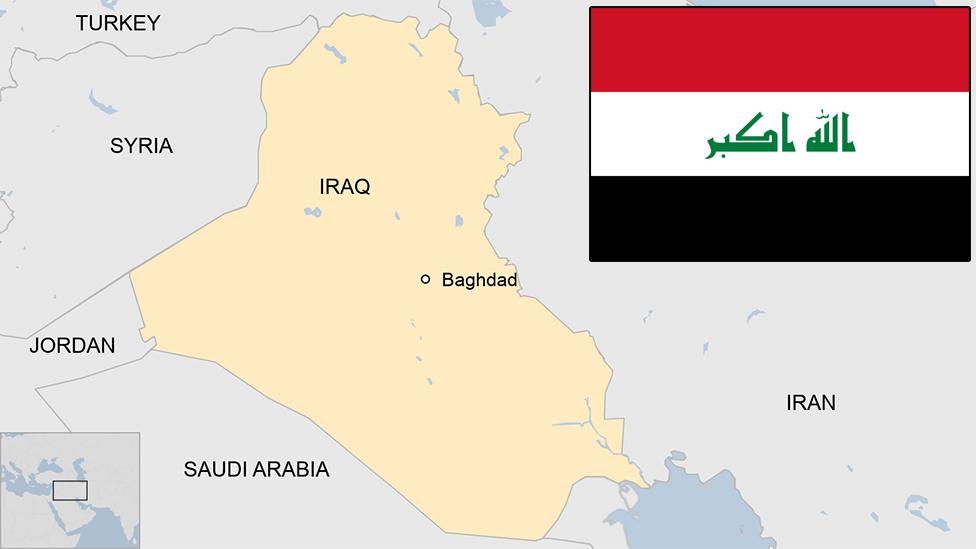
- Published29 August 2023
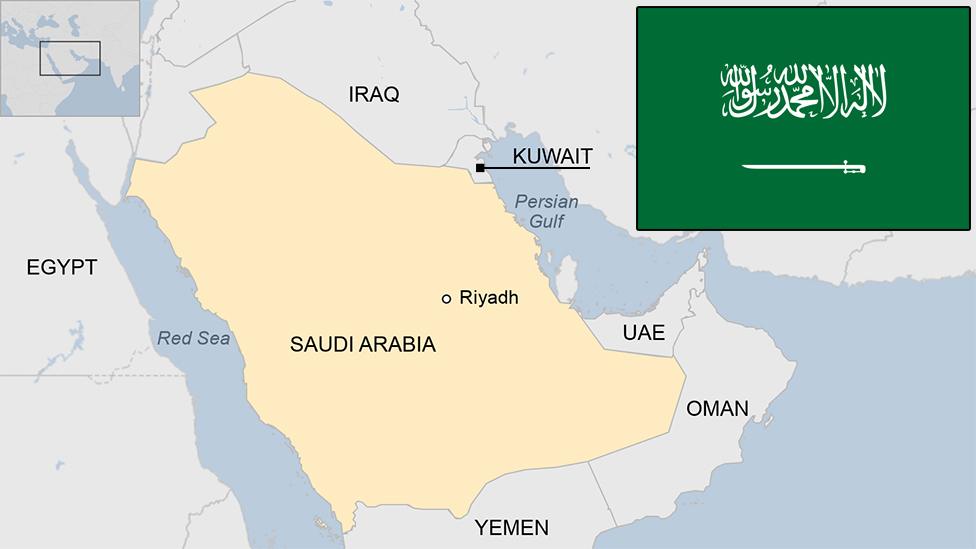
- Published2 January 2024
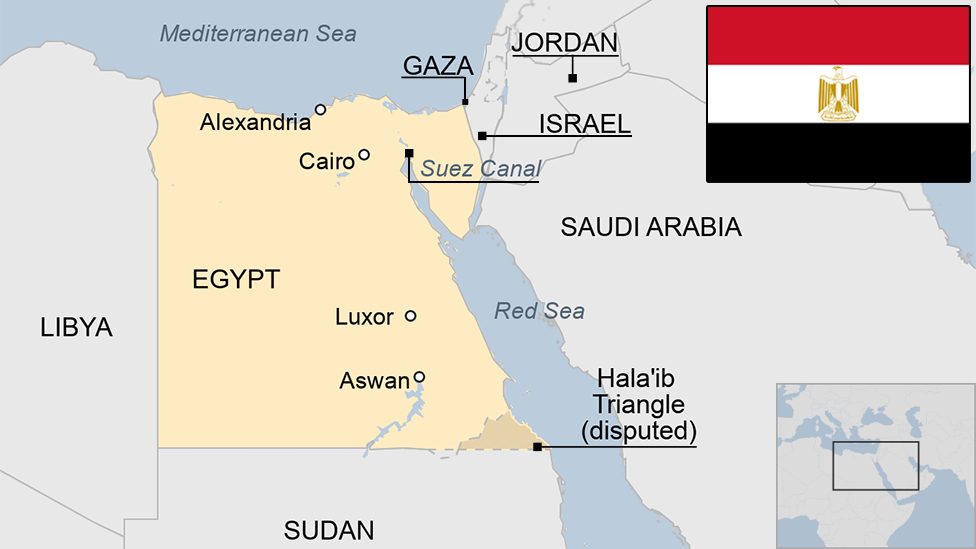
- Published13 October 2023
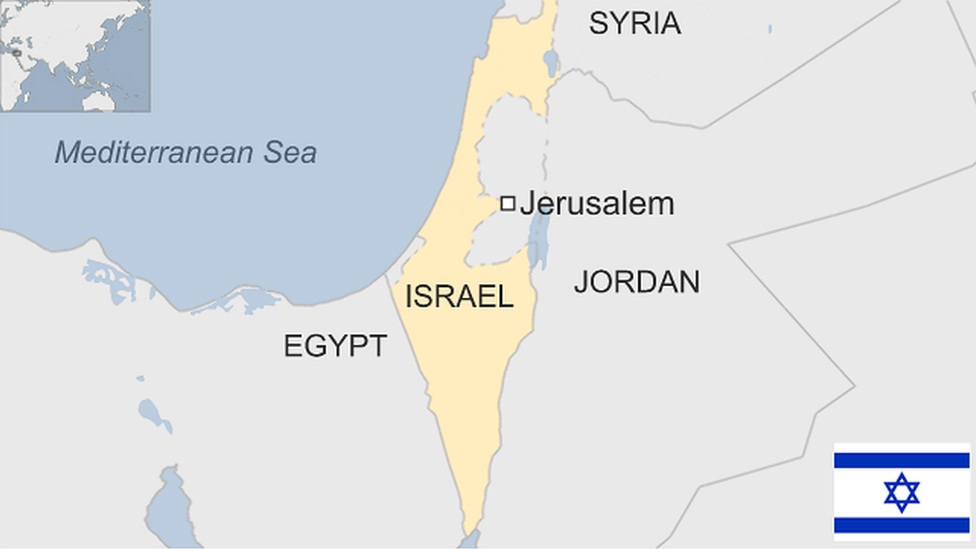
- Published29 August 2023
